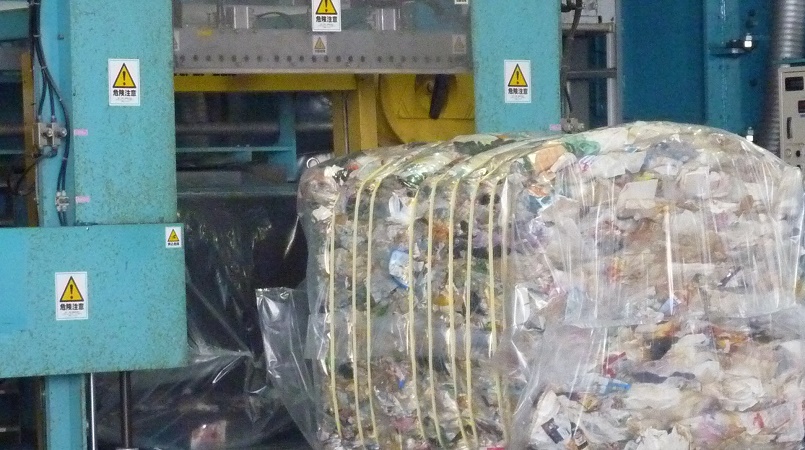
Awareness on managing waste in households is vital for an environmentally, friendly and sustainable cities.
In Papua New Guinea’s major cities and towns, whether it is Kokopo, Mt Hagen, Goroka, Lae or the nation’s capital Port Moresby, citizens must be educated on the importance of waste management.
Like in Japan, education and awareness must begin at a very young age where children are able to grasp the information and easily incorporate it in their everyday life.
Education at the elementary school level is important in Japan and that is the current practice for the well-developed and industrial country.
Staff from the Ukishima Waste Treatment Center in Kawasaki City, just south of Tokyo, continue to raise awareness to students throughout the city.
Kawasaki is one out of 26 locations in Japan that are eco-towns as approved by the national Government.
From the 1940s to the 1990s, Kawasaki experienced a huge economic growth which led to pollution ad waste becoming a social issue contributing to global warming, increase in energy consumption and new environmental issues occurred. It was a major manufacturing centre.
To address this issue, Kawasaki did a plan to facilitate companies operating there to develop resources recycling production and install new equipment for resources recycling.
The plan was also to construct Kawasaki Zero Emissions Industrial Park oriented to waste reuse and recycling.
Assistant manager for the Kawasaki City Environment Protection Bureau-Public Waste Management Department, Shuichi Abe says it's important to educate children at an early age on how to sort out trash.
He said this will enable them to grasp the idea and it becomes their normal way of life.
Abe highlights that public awareness is very important as well.
They engage the community with volunteer leaders in the awareness which helps in waste reduction.
These volunteers give practical instruction at collection points for recycling to the public, provide guidance on how to sort and take out wastes, and submit information on waste policy.
They continue efforts for raising awareness on the 3Rs (reduce, reuse and recycle) targeted to children, responsible for next generation, as well as for promoting waste reduction and recycling collaborated with citizens and business.
In PNG, similar activities and awareness drive like the Bank South Pacific Go Green Clean Up Campaign and current ‘Clean-up Mosbi Campaign’ need to be enhanced to see tangible results.
The ‘Clean-up Mosbi Campaign’ also promotes the 3Rs and targets schools, community groups and businesses.
The campaign is an initiative of the Sustainable Coastlines PNG (SCPNG) in partnership with the National Capital District Commission and runs from October 17 to November 13.
The campaign also involves nine high profile public awareness events at locations around the city, a major public awareness campaign and clean-up events for registered groups.
Like the Kawasaki City awareness drive, the ‘Clean-up Mosbi Campaign’ also promotes the 3Rs, however in PNG, only beer bottles and beer and soft drink cans are being recycled.
